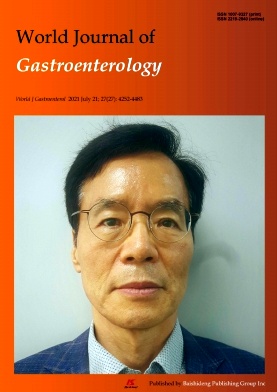Targeting host factors: A novel rationale for the management of hepatitis C virus
摘要:
Hepatitis C is recognized as a major threat to global public health. The current treatment of patients with chronic hepatitis C is the addition of ribavirin to interferon-based therapy which has limited efficacy, poor tolerability, and significant expense. New treatment options that are more potent and less toxic are much needed. Moreover, more effective treatment is an urgent priority for those who relapse or do not respond to current regimens. A major obstacle in combating hepatitis C virus (HCV) infection is that the fidelity of the viral replication machinery is notoriously low, thus enabling the virus to quickly develop mutations that resist compounds targeting viral enzymes. Therefore, an approach targeting the host cofactors, which are indispensable for the propagation of viruses, may be an ideal target for the development of antiviral agents because they have a lower rate of mutation than that of the viral genome, as long as they have no side effects to patients. Drugs targeting, for example, receptors of viral entry, host metabolism or nuclear receptors, which are factors required to complete the HCV life cycle, may be more effective in combating the viral infection. Targeting host cofactors of the HCV life cycle is an attractive concept because it imposes a higher genetic barrier for resistance than direct antiviral compounds. However the principle drawback of this strategy is the greater potential for cellular toxicity.
展开
DOI:
10.3748/wjg.15.3472
被引量:
年份:
2009
通过文献互助平台发起求助,成功后即可免费获取论文全文。
相似文献
参考文献
引证文献
引用走势
辅助模式
引用
文献可以批量引用啦~
欢迎点我试用!




